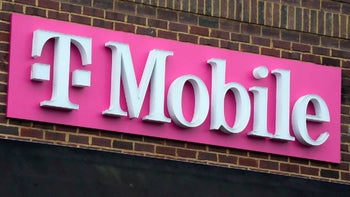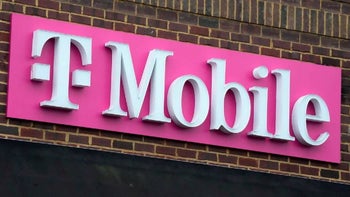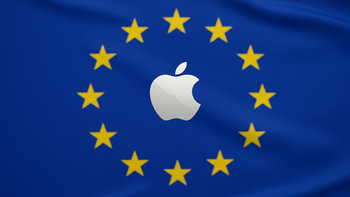Report: SoftBank calls off Sprint-T-Mobile merger talks

A report out of Japan this morning states that SoftBank, majority owner of Sprint, has called off talks that were being held to merge Sprint and T-Mobile. Last week, there was word that both U.S. based carriers and their respective corporate parents (Deutsche Telekom is the majority owner of T-Mobile) had worked out the broad outline of a transaction which would have left Deutsche Telekom as the majority owner of the combined company. T-Mobile president and CEO John Legere was apparently set to run the wireless operator that would rise from the merger of the third and fourth largest U.S. carriers.
Today's report states that SoftBank has changed its mind and is now seeking control of the merged company. At a board meeting reportedly held on Friday, SoftBank decided to put the kibosh on the merger talks and will supposedly tell Deutsche Telekom tomorrow. A Sprint-T-Mobile merger has been rumored for some time, and the last time the pair was this serious about a merger was in 2014, when Sprint was the stronger of the two. Back then, the FCC and DOJ both made negative comments about a potential deal, and talks ended immediately.
What happens from here is not totally clear. T-Mobile doesn't require a merger with Sprint to thrive, but is interested in Sprint's hoard of high frequency 2.5GHz spectrum. The combination of T-Mobile's low-frequency 600MHz and 700MHz airwaves would mesh perfectly with Sprint's bands, especially when it comes time to build out 5G networks. But frankly, we can't see any scenario under which Deutsche Telekom would give up control of a merged Sprint-T-Mobile. So until the next round of merger talks pop up, it seems that a deal between the two wireless operators is dead.
Investors are reacting to the report with Sprint's shares down 7% and T-Mobile's shares off 4.5% one hour before the closing bell.
source: NikkeiAsianReview
Now, T-Mobile is not only the more successful of the two carriers, it is the most innovative and fasting growing wireless operator in the states. Led by CEO Legere, who is unconventional to say the least, T-Mobile was responsible for most of the profits in the industry last quarter.
What happens from here is not totally clear. T-Mobile doesn't require a merger with Sprint to thrive, but is interested in Sprint's hoard of high frequency 2.5GHz spectrum. The combination of T-Mobile's low-frequency 600MHz and 700MHz airwaves would mesh perfectly with Sprint's bands, especially when it comes time to build out 5G networks. But frankly, we can't see any scenario under which Deutsche Telekom would give up control of a merged Sprint-T-Mobile. So until the next round of merger talks pop up, it seems that a deal between the two wireless operators is dead.
Investors are reacting to the report with Sprint's shares down 7% and T-Mobile's shares off 4.5% one hour before the closing bell.
source: NikkeiAsianReview

![T-Mobile extends another peace offering to customers after uproar over rate increase [UPDATED]](https://m-cdn.phonearena.com/images/article/168576-wide-two_350/T-Mobile-extends-another-peace-offering-to-customers-after-uproar-over-rate-increase-UPDATED.jpg)











Things that are NOT allowed: